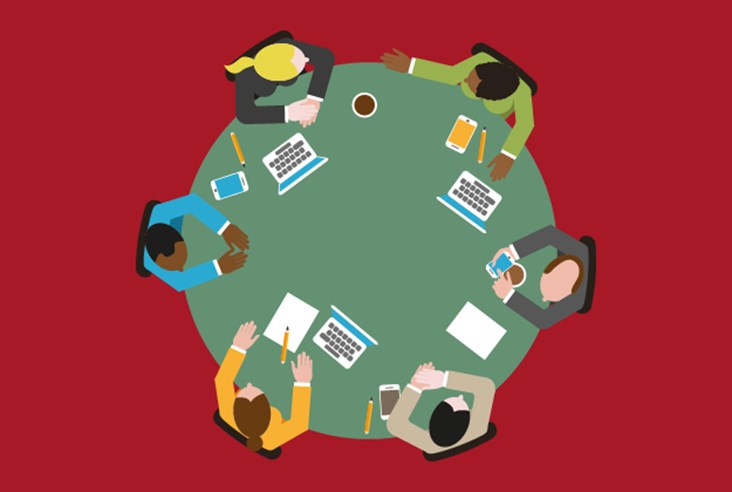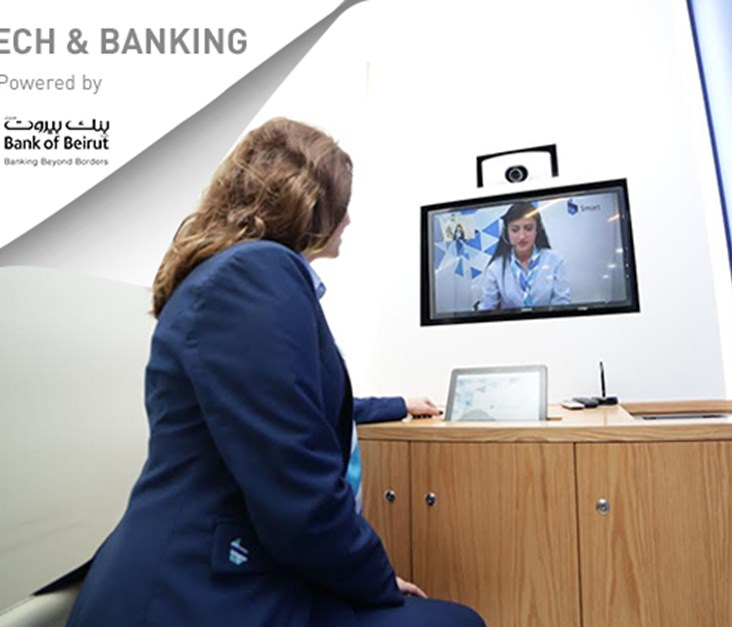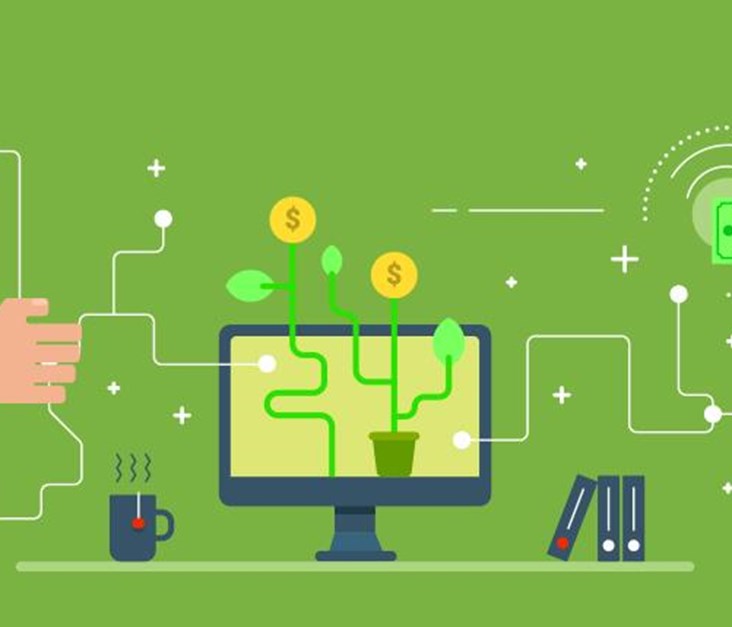
There has been a rise in civic engagement in the MENA region during the past decade, where the high youth population have been expressing dissatisfaction with the status quo. Faced with several societal, political, and economical challenges, the socially committed have turned towards social entrepreneurship as an opportunity to create solutions to some of the region’s most perplexing social issues.
Social entrepreneurs develop innovative projects and organizations with a “double bottom line” of profitability and social impact rather than simply having a business impact. Recognizing that charity is not a sustainable solution, social entrepreneurs turn to revenue-generating businesses for a sustainable long-term impact. Similar to for-profit companies, they have a steady income and akin to startups, social entrepreneurs look for investors and accelerators to expand and ensure that their initiative is sustainable.
Movement of Heroes
It would be impossible to list all of the region’s social enterprises in one list, but we’ve compiled a list of some of our favorites:
ReAble:
Tackling a global challenge, ReAble is an e-wallet app designed to facilitate day-to-day financial transactions and other work management processes for people with cognitive difficulties. The app teaches users about money management and supports them during financial transactions putting them on track towards independence.
Through ReAble, users input the banknotes they are carrying with them. While conducting a transaction they take a picture of the receipt, the app then informs the user of the total amount to pay and the optimal combination of bills to pay with. The app also informs them how much change they should expect and which notes. Their parents/guardians are also able to track the user’s expenditure and financial status. Moreover, the app also facilitates budget management. ReAble emerged out of a bootcamp held by AltCity in August 2015, won first prize at BDL Accelerate 2015, were among the finalists of the Startup Demo at ArabNet Beirut, and have recently been selected as one of 10 startups to join the renowned startup incubator, Techstars, in their recently launched accelerator in Cape Town.
Country of origin: Lebanon
Date of launch: 2015 in Beta
Category: Health
LifeLab Biodesign:
An agriculture company based in Lebanon, Lifelab is dedicated to designing and building intelligent self-operating vertical hydroponic farms that multiply the yield of any given farm plot by 10 to 15 times. Those are indoor farms, completely automated and climate controlled. Unaffected by seasonal change, these farms are capable of producing crops all year long. What's more interesting is that they are resistant to pests and disease infestations, and are highly efficient regarding their energy requirements using 95% less water than traditional farms.
Lifelab also runs a 6,000 sqm model farm, which serves as a showcase for the technology and production techniques, and also as a profitable revenue source for the company. In November 2015, the company won first place at the Hyundai Startup Competition organized in collaboration with ArabNet.
Country of origin: Lebanon
Date of launch: 2011
Category: Agriculture and IT
Ladybug:
Launched in 2011 by Zig Zag Labs, Ladybug aims to boost participation of Iranian women in the technology world through content building, education and mentorship, and through creating a community. Less than a year later, like-minded partners came together and invested in video-making, promotional photos and the overall design, leading Ladybug to successfully catch the attention of the public.
In 2014 Ladybug won the United Nation's Youth Award for advancing the Millennium Development Goal of “Power to Women.” The global contest brings together young developers and digital entrepreneurs — under 30 years of age — who use internet and mobile technology to put the UN Millennium Development Goals (MDGs) into action and make a difference.”
Country of origin: Iran
Date of launch: 2011
Category: Civil Society
Syria Scholar:
Syrian-British brothers Kinan and Louai Muhammed wanted to help give Syrian medical students the chance to continue learning through the turbulent times. They set up Syria Scholar in 2015 as an online education platform using available, open-source software to build the website that includes a platform for video-conferencing, allowing them to run the two-way tutorials. Initially, they were the only two tutors, which later increased since more tutors from the UK registered to provide tutorials bring the academic communities in the UK and Syria closer together. Considering the unreliable internet connection in Syria, all tutorials are recorded so that students can download them at their convenience. Many students tend to huddle around a computer from an internet connection to follow the tutorials.
In 2015, they received The OxTALENT prize for outreach and public engagement from the University of Oxford.
Country of origin: Syria
Date of launch: 2015
Category: Education
HARASSmap
HARASSmap was launched in 2010 with the aim to reduce the social acceptability of sexual harassment throughout Egypt by allowing women to report when and where they got harassed. Each incident report shows up as a red dot on the website's map of Egypt pin pointing where the incident occurred. By clicking on the dot, users can read exactly what was written by the person reporting the assault. When a woman reports an attack, she receives immediate help, including information on how and where she can get support, such as counselling or legal assistance.
Since its launch, HARASSmap has received the 2011 World Summit Youth Award and the 2012 Deutsche Welle Best of the Blogs Award for 'Best Use of Technology for Social Good
Country of origin: Egypt
Date of launch: 2010
Category: Civil Society
El Noor Geh
In the midst of the power cuts that have been plaguing Egypt, El Noor Geh emerged as an informative online platform and e-store. Aiming to reduce energy consumption to aid the already deteriorating and failing power grid, El Noor Geh educates individuals on energy conservation and efficiency. The platform also helps users keep track of their bills through calculating consumption as per the government’s set pricing. It also features a blog with weekly posts around topics of saving energy, general knowledge on electricity consumption as well as government plans and prices for electricity. The online store is filled with energy efficient products as tangible solutions to energy conservation.
Country of origin: Egypt
Date of launch: 2014
Category: Energy
Sidekicks
As a discipline, social entrepreneurship has the ability to transform lives and to effect meaningful social change. It involves adopting a highly practical approach to social development, it entails investing in people who can identify the underlying issues that lead to social problems, and use innovation to implement systemic change in order to address those issues effectively – and eventually eradicate them.
While this means investing in local solutions to local problems, it also involves creating an enabling environment – an ecosystem. Many of the regional heroes were given the courage to wear their capes. Their ability to transform lives and to create meaningful social change was supported by organizations/ventures who enabled them with the tools, or provided them with investments, or mentored them.
Throughout the MENA region ventures, incubators, accelerators, and competitions have emerged focusing on social enterprises: In Egypt, Nahdet El Mahrousa and Rise Egypt are two examples; in Morocco the Moroccan Center for Innovation and Social Entrepreneurship launched Dare, an incubator for social enterprises; in Tehran, Samsung organized a startup weekend with a social innovation theme; BDL Accelerate 2015 in Beirut held an idea stage startup workshop and competition themed Reimagining Lebanon; Chivas launched The Venture, a regional initiative calling for innovative business with an impact; The Hult Foundation has been hosting regional competitions and is currently setting up office for The Hult Lebanon looking to accelerate Lebanese social enterprises.
The enterprising, and inspiring, young innovators are carving out new paths for the region to resolve today’s most pressing problems. It is imperative that social enterprises continue to thrive. Various players are supporting aspiring social enterprises, but there has been a lack in trying to create better and deeper linkages across the ecosystem, thereby advancing the success of social enterprises.
Latest Business
Intelligence Report














